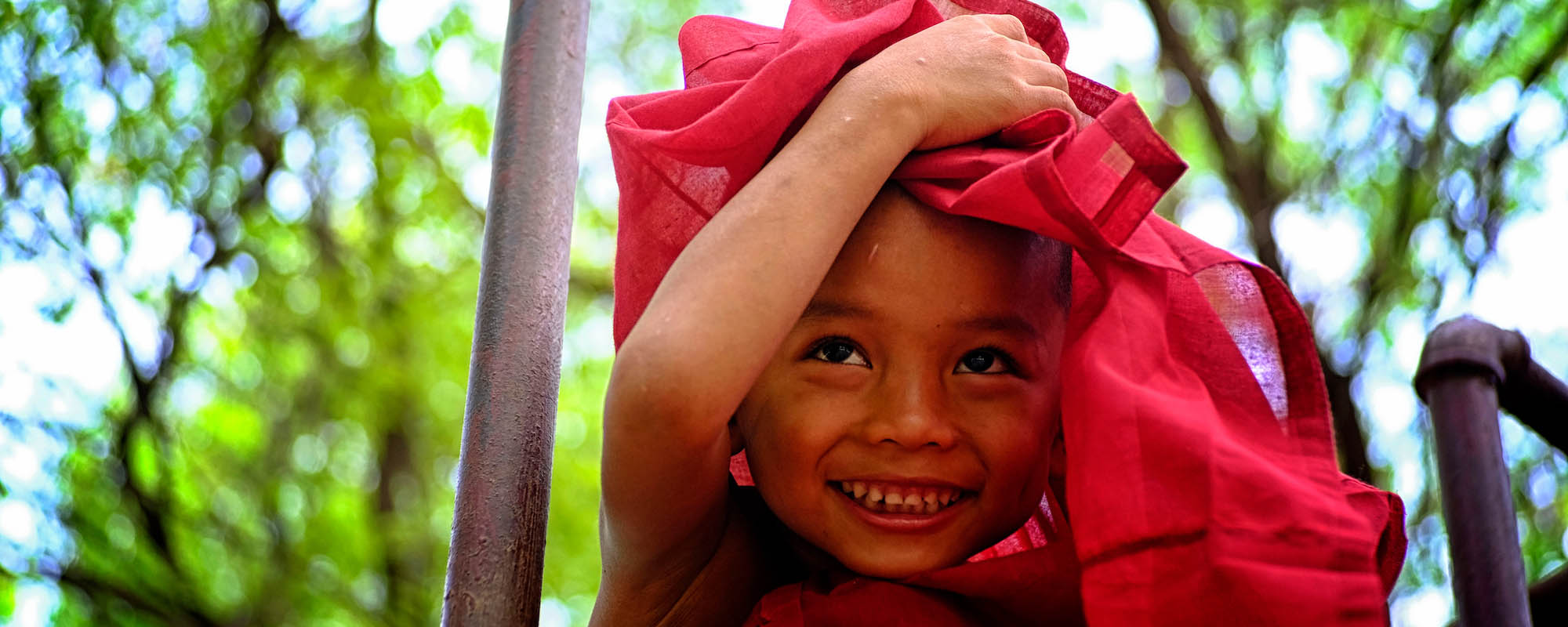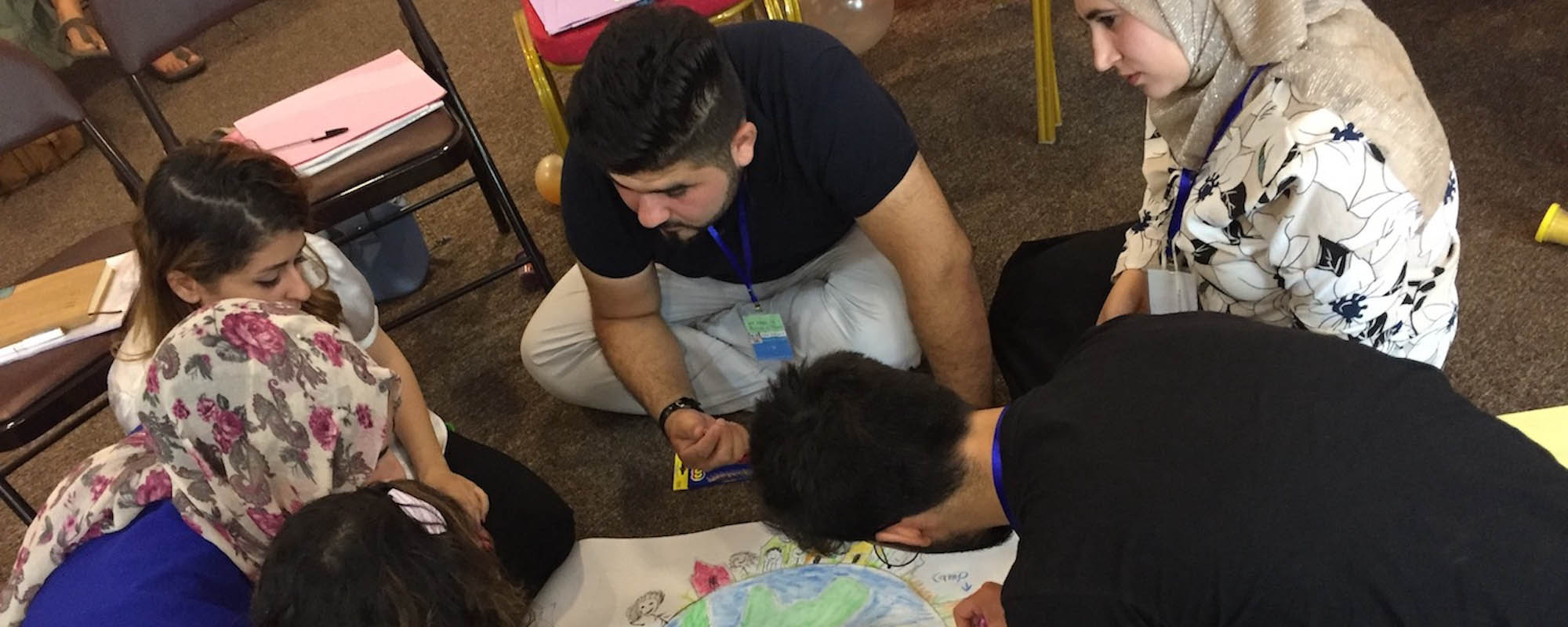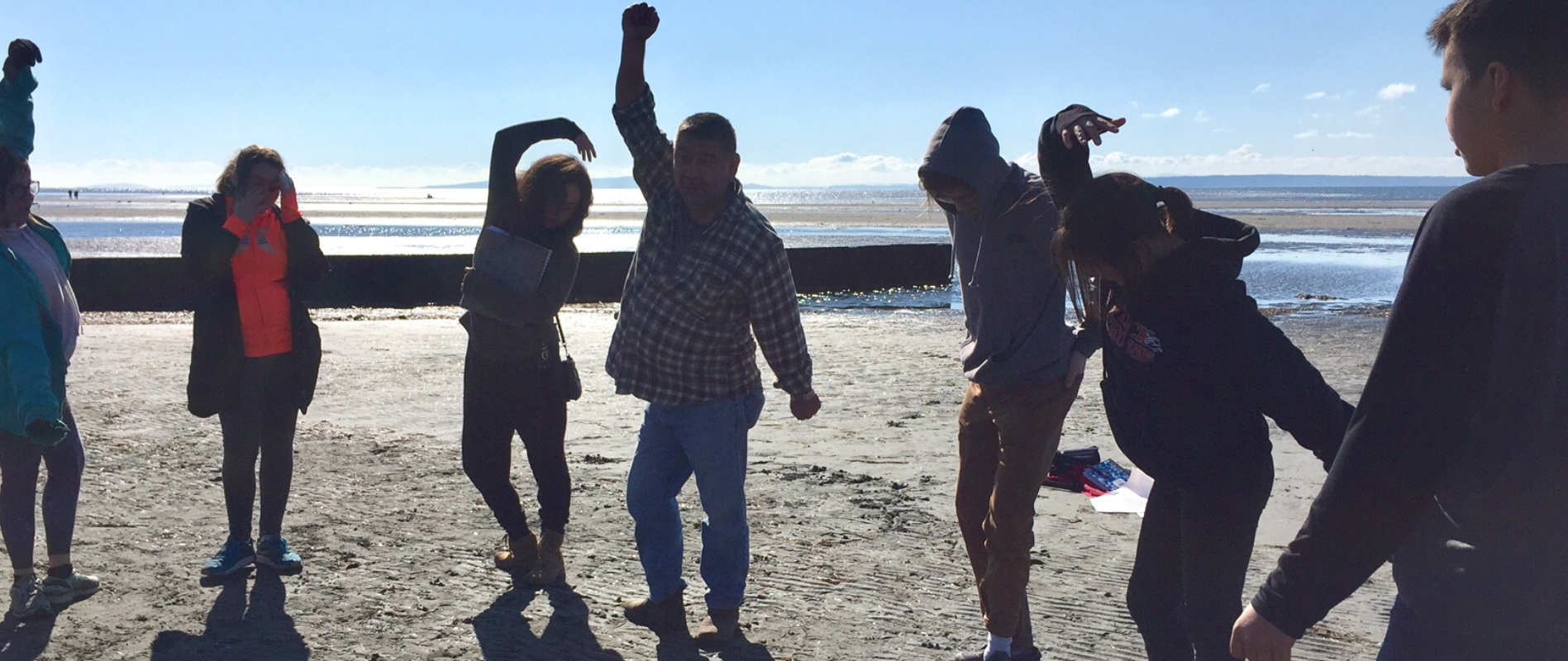“Play is not only important for education, but is also essential in the broader context of holistic child development and developing essential life skills” Sarah Wolman, Lego Foundation
IICRD’s Micheal Montgomery acts as moderator for a Right to Play (RTP) event in Ottawa to celebrate International Children’s Day on November 21, 2017. The interactive panel brought a diverse range of experts together including government, philanthropic donors, academics and practitioners to discuss how quality education can be improved through the power of play. The event was attend by approximately 100 people from Government, schools and interested members of the public.
The event was opened by Kevin Frey, CEO of Right to Play and Peter Schiefke, Parliamentary-Secretary for Youth. The backdrop of the discussion was Right to Play’s project - Play for the Advancement of Quality Education - an 8 country, 2.5-year project spanning Benin, Ghana, Liberia, Mali, Rwanda, Mozambique, Tanzania and Pakistan that seeks to improve educational attainment for participating children and youth through play. In particular, discussions focused on the impact on millions of children globally through play-based approaches to education.
Two key messages stood out from the panel discussions:
- We need to shift our thinking about the role of the adult in play. Dr Angela Pyle from the University of Toronto, spoke about the implementation of play-based pedagogies to support this shift and for children to reap the benefits of the changing nature of modern play. This is important to negotiate the needed balance between traditional, child-directed play that continues to support valuable personal and social skill development. For example, this may include more teacher involved play that supports the learning of academic skills.
- We need to invest in play-based approaches. Play is not only important for education, but also essential in the broader context of holistic child development and developing essential life skills. Sarah Wolman from the Lego Foundation reiterated this point during her presentation on Initiatives Lead, Learning through Play in Early Childhood. The aim of Initiatives Lead is to empower children to become creative and engaged, lifelong learners. The Lego Foundation, based on their experience of integrating play into their programs, now see “play” as a priority issue for children’s holistic development.
Montgomery notes that the event was of interest to IICRD on several levels. On the one hand, IICRD has supports Right to Play with several of its projects such as the Jam Suka initiative in Mali where IICRD worked with RTP staff to support capacity development, evaluation and tracking tools.
At a different level, the theme of play is an important child right and one that it infused into IICRD programming. In particular, Child Thrive, YouLEAD and other IICRD programs take a play-based approach to engaging children and adults. For example, Child Thrive is supporting the link up of two schools – one in Victoria and the other near Ottawa, which have shown leadership in promoting play and playfulness in class and playgrounds among students, teachers and parents using peer leaders. Read more about IICRD’s experiences with play in Micheal’s story about the Birth of the Playground Project.
“Play is where we learn to be and remain human.” – Gordon Neufield







